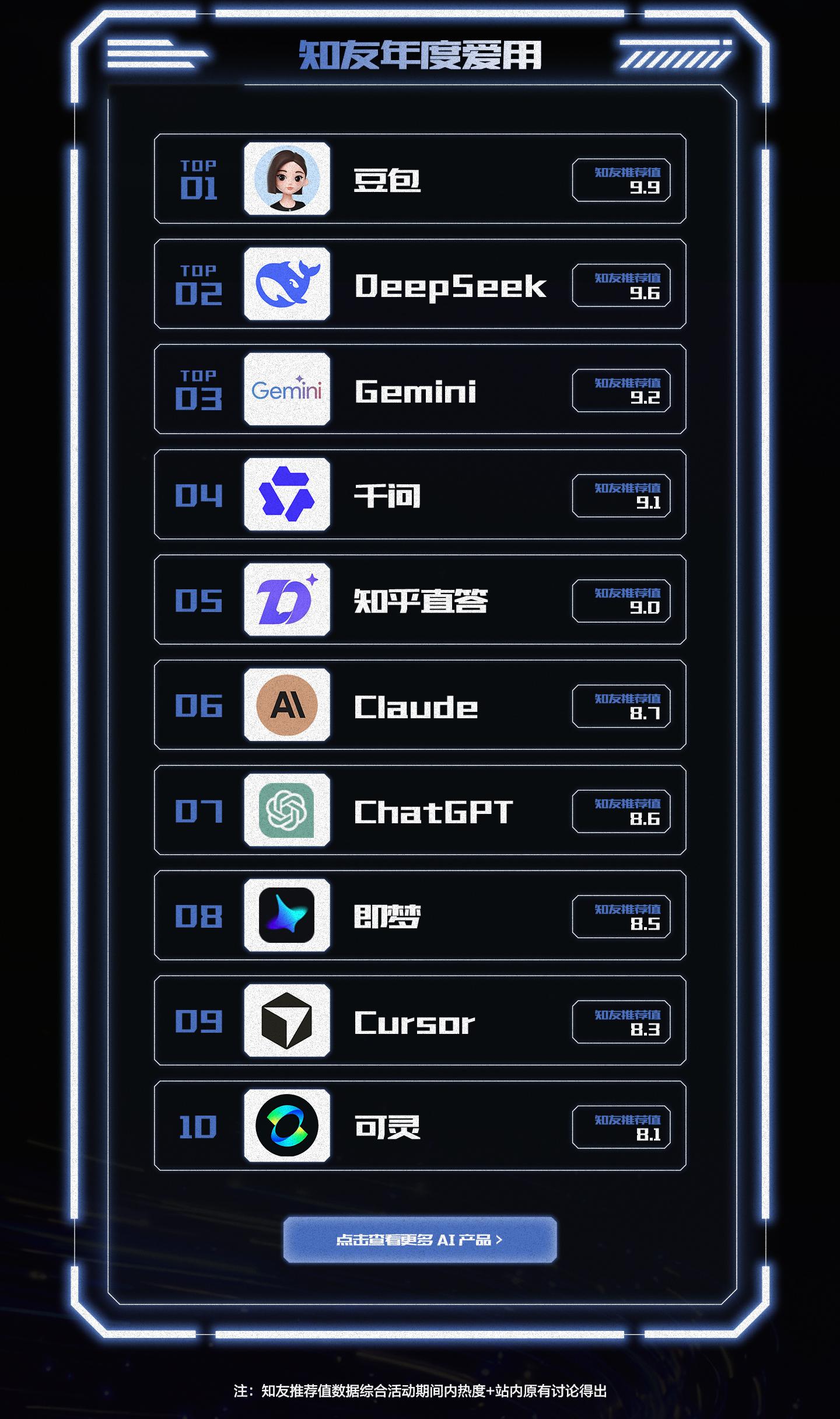Google's flagship AI model, Gemini, has just announced a significant price reduction strategy, which not only has shocked the industry but could also reshape the market landscape for AI services. Google's aggressive price cuts are astonishing. The input cost for the Gemini 1.5 Flash model has been slashed by approximately 85%, and the output cost has been reduced by about 80%. This means that the cost of using the Gemini API is now nearly 50% lower than that of its main competitor, GPT-4o mini. Such a significant price advantage is bound to create a significant wave in the AI services market.
Specifically, the new pricing strategy for Gemini Flash is impressive. The input cost per million tokens is now only $0.075, and the output cost is $0.30. This level of pricing not only significantly lowers the barriers for businesses and developers to use AI services but also could stimulate the birth of more innovative applications.

In addition to the astonishing price reductions, Google has also made comprehensive upgrades in several areas. Gemini 1.5 Flash and Gemini 1.5 Pro now support over 100 languages, which will undoubtedly expand the global market for AI services. Additionally, Google has introduced innovative technologies such as context caching and batch processing APIs to further optimize costs and latency, providing users with a smoother and more efficient experience.
As one of the fastest models on the market, Gemini 1.5 Flash's application scope is breathtaking. From audio transcription to understanding code errors, to quickly building applications, Gemini 1.5 Flash can do it all. Several leading companies in the industry have already started adopting this powerful tool, such as Jasper.ai, which has used Gemini 1.5 Flash to create an exceptional experience for its users.
Behind these initiatives, Google demonstrates its firm commitment to building the best AI models and providing an accessible AI ecosystem. By significantly reducing costs, expanding language support, and ensuring performance, Google is paving the way for global businesses and developers to operate more efficiently at lower costs and expand their influence worldwide.
However, Google's move could also trigger a chain reaction. Faced with such an aggressive pricing strategy, other AI service providers may be forced to follow suit, leading to a new round of price wars. This is undoubtedly good news for consumers, but for some smaller AI companies, it could mean greater survival pressures.









